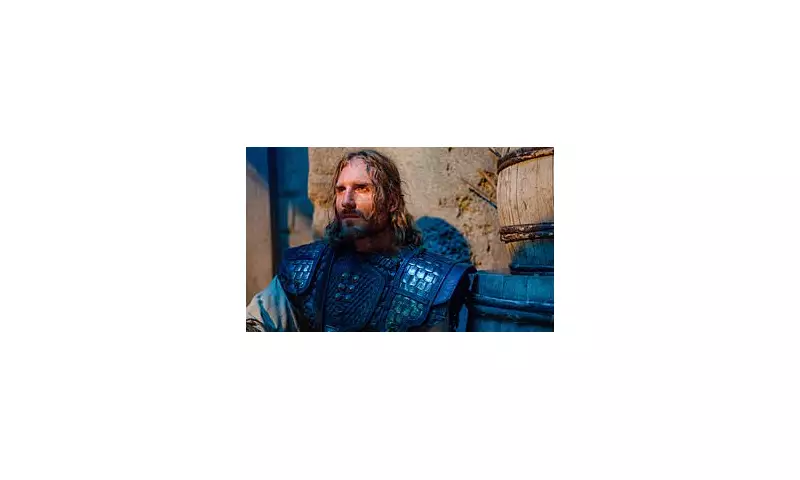
The BBC's new series Civilisations has come under fire for what critics describe as an oversimplified approach to historical storytelling that patronises its audience while pushing modern political narratives.
A Legacy to Live Up To
The original 1969 Civilisation series presented by Sir Kenneth Clark remains celebrated as one of British television's finest achievements. Over thirteen detailed episodes, Clark meticulously charted the development of Western culture, treating viewers as intelligent adults capable of engaging with complex ideas.
In stark contrast, the new Civilisations appears to operate on the assumption that modern audiences possess the attention span of what one critic described as "a hyperactive squirrel" and struggle with substantive detail.
Historical Complexity Reduced to Soundbites
The programme's treatment of Rome's collapse in AD410 exemplifies this approach. Rather than exploring the nuanced historical factors, the series relied heavily on dramatic reconstructions of barbarians attacking Romans and simplistic explanations.
One historian dramatically described the sack of Rome: "Imagine what it must be like to have thousands of men pouring into your city and rushing into your house. The fear must have been extraordinary." The series then showed a dramatic reconstruction of barbarians putting Romans to the sword, as if viewers couldn't visualise the scene without assistance.
Another expert offered this remarkably basic explanation for Rome's rise: "It has this history of emperors building things." This reduction of centuries of complex historical development to a single sentence stands in sharp contrast to Edward Gibbon's six-volume work The Decline And Fall Of The Roman Empire covering the same subject.
Modern Political Parallels Dominate Narrative
The documentary increasingly shifted from historical analysis to contemporary political commentary, particularly on immigration and equality. The programme suggested that Rome's collapse resulted primarily from being "a two-tier society that favoured the rich, while failing to solve the challenges of mass migration."
Former International Development Secretary Baroness Amos appeared to note that 100,000 Gothic refugees fleeing the Huns represented "a lot of people," while dramatic reconstructions showed Roman soldiers confiscating jewellery from refugees - a scene with uncomfortable parallels to recent Home Office policies.
While these social factors undoubtedly played a role, the programme largely ignored crucial political and military considerations. The power vacuum created by young, inexperienced Emperor Honorius and his fatal conflict with half-barbarian general Stilicho received minimal attention compared to the migration narrative.
Honorius was portrayed lolling about like a petulant teenager, while the strategic consequences of his decision to execute Stilicho - which created the opportunity for Alaric the Visigoth's invasion - were underdeveloped.
The series concluded with one expert stating: "The Roman Empire controlled a vast region for 400 years. One of the secrets is integrating people. You don't treat the people you've absorbed as barbarians."
Many viewers might conclude that Civilisations would have been more compelling had it focused more on explaining Rome's complex history and less on drawing modern political lessons.






